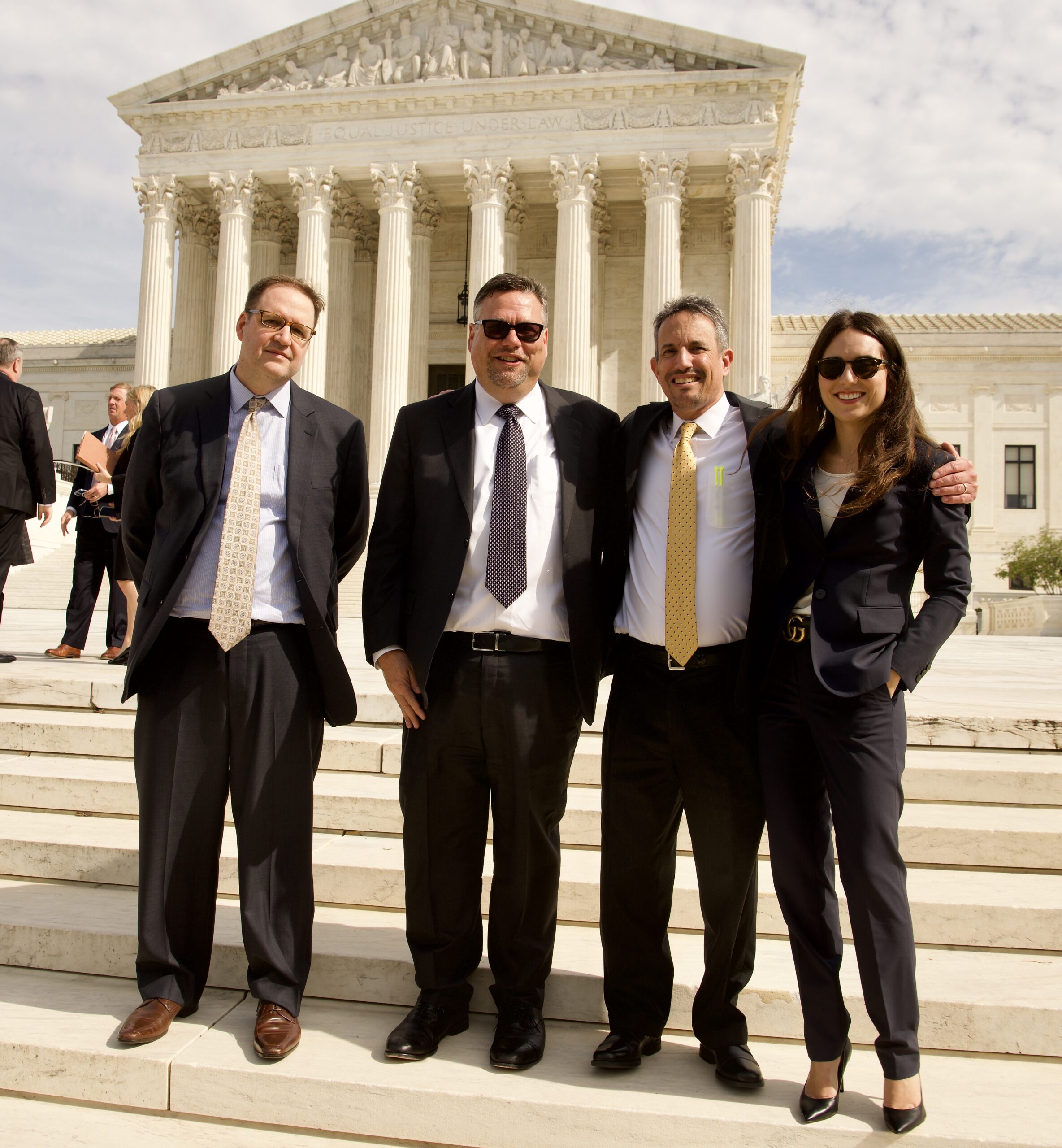WWHD? — Should the Question ‘What Would Hamilton Do?’ Inform the Fifth Circuit’s Separation-of-Powers Jurisprudence?
Seven federal courts, including the U.S. Court of Appeals for the D.C. Circuit, have rejected arguments that federal financial regulators should not be funded by assessments made outside the usual budgeting process. The reasoning was those fundings are done pursuant to acts of Congress.
The Fifth Circuit in Community Financial Services Association of America v. Consumer Financial Protection Bureau saw matters otherwise and cited several drafters of the Constitution, including the ubiquitous Alexander Hamilton.

